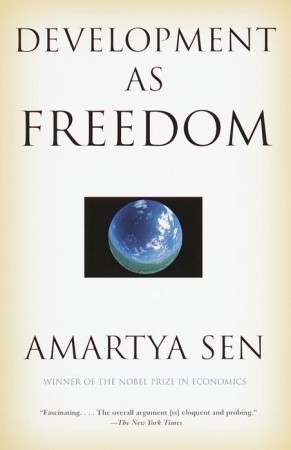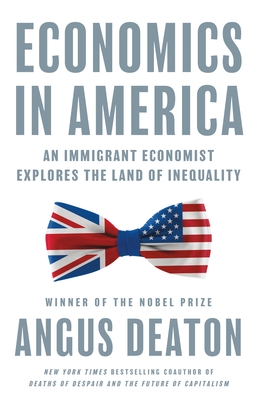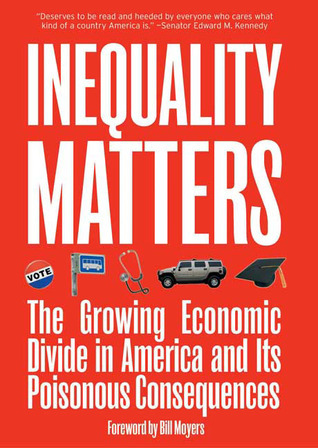
Equality: What It Means and Why It Matters
Book Description
What if the key to a fairer world lies in understanding the threads of equality that weave through our lives? In "Equality: What It Means and Why It Matters," Thomas Piketty unfurls a compelling exploration of imbalance and injustice that shapes societies worldwide. With sharp insights and provocative arguments, he challenges the status quo and exposes the stark realities of wealth distribution. This gripping manifesto shines a light on the urgency of addressing inequality, calling for transformative changes that resonate through generations. How will history judge our choices in the face of such a monumental issue?
Quick Book Summary
"Equality: What It Means and Why It Matters" by Thomas Piketty is a trenchant analysis of the concept of equality and its pivotal role in shaping societies. Piketty delves into historical, philosophical, and economic perspectives to examine how different forms of inequality—whether economic, social, or political—manifest and perpetuate across the globe. He scrutinizes the consequences of vast wealth disparities, arguing that sustainable democracies cannot coexist with unchecked inequality. Using data-driven insights and historical case studies, Piketty critiques traditional justifications for inequality and highlights the urgent need for redistributive policies. Ultimately, he advocates for a reimagining of social contracts and public institutions to foster genuine equality, asserting that the choices we make today will define the justice and prosperity of future generations.
Summary of Key Ideas
Table of Contents
Historical origins and evolution of equality
Thomas Piketty begins by tracing the evolution of equality from the Enlightenment to the modern era. He highlights how the concept has shifted from an abstract moral ideal to a foundational principle codified in constitutions and legal systems. Piketty contextualizes equality not just as a political aspiration but as a pragmatic necessity for social cohesion and stability. He emphasizes that historical movements for emancipation, such as the abolition of slavery and the fight for universal suffrage, were rooted in expanding the boundaries of equality—demonstrating that its meaning is deeply interwoven with societal progress.
The impact of wealth and income disparity
Central to Piketty's argument is the analysis of wealth and income disparity. Drawing on comprehensive economic data, he demonstrates how the accumulation of capital and the concentration of resources among elites undercut democratic institutions and erode social trust. He discusses the persistence of inequality despite periods of growth and redistribution, illustrating how this imbalance is not a natural inevitability but the result of political choices and power structures. Piketty’s critique exposes the cyclical nature of inequality and the danger of societies drifting towards oligarchy if disparities are left unaddressed.
Justifications and myths surrounding inequality
Piketty challenges common myths and rationalizations that uphold inequality, such as meritocracy, trickle-down economics, and the notion of market-neutral fairness. He highlights how these ideas often mask systemic barriers and inherited advantages that perpetuate privilege. By dismantling these myths, Piketty calls attention to the real drivers of inequality, including tax policies, educational disparities, and unequal access to political power. His argument underscores that recognizing and debunking these justifications is essential for building public support for meaningful change.
Structural reforms and policy solutions
To address the entrenched structures sustaining inequality, Piketty proposes transformative reforms in taxation, education, and governance. He advocates for progressive wealth taxes, universal access to quality education, and transparent political institutions. These reforms are not simply technical adjustments but fundamental shifts in the social contract, aiming to reduce the concentration of wealth and power. Piketty emphasizes that incremental policies are insufficient; only ambitious, collective action can reverse the tide of inequality and restore the legitimacy of democratic societies.
The ethical and democratic imperative of equality
In concluding, Piketty elevates equality from an economic consideration to a moral and democratic imperative. He argues that societies must see equality as central to justice, human dignity, and lasting prosperity. The book closes with a call to action: fostering a culture that prioritizes equal opportunity and shared responsibility. Piketty warns that the choices we make regarding equality will echo throughout history, shaping how future generations judge our commitment to building fairer, more inclusive societies.
Download This Summary
Get a free PDF of this summary instantly — no email required.





